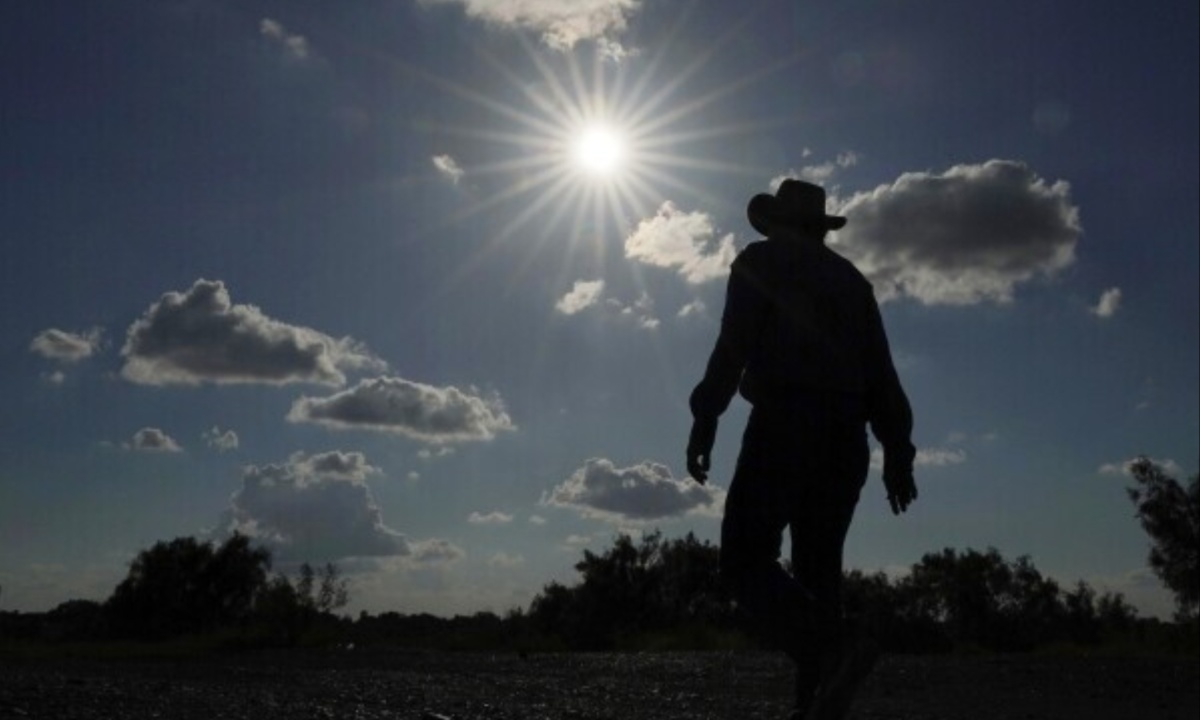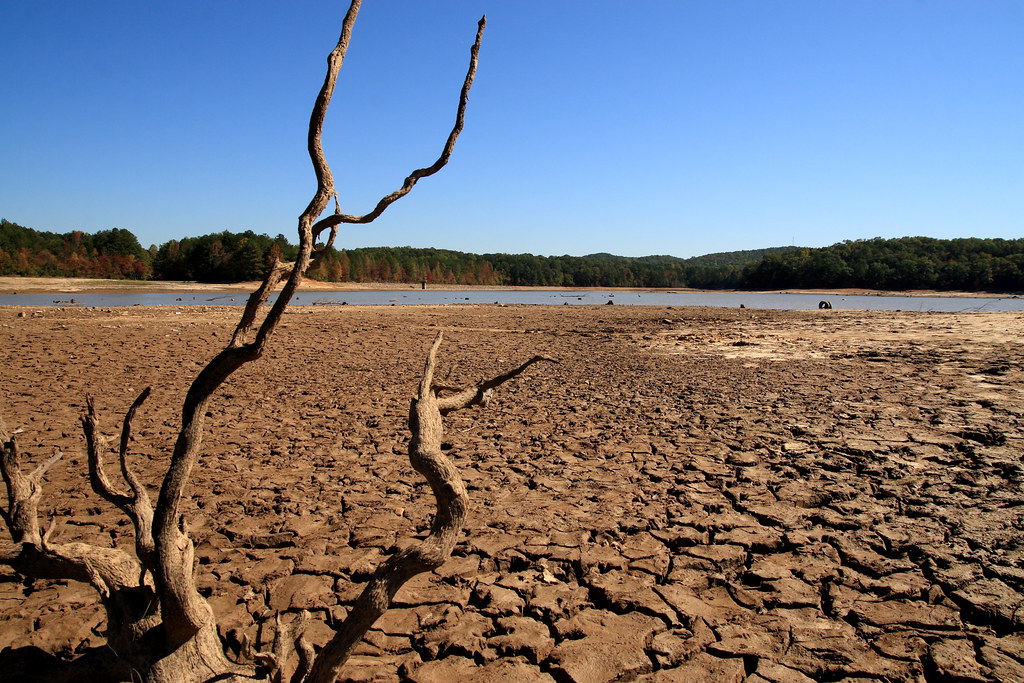The Lancet Countdown’s ninth report has presented troubling findings regarding the health risks associated with the climate crisis, indicating that global health is facing unprecedented threats. Dr. Marina Romanello, the report’s executive director, highlighted the urgency of these findings, emphasizing that last year was marked by extreme weather events, record heatwaves, and catastrophic wildfires impacting populations worldwide.
The report stresses that no individual or economy is insulated from the escalating health dangers posed by climate change, underscoring the critical need for immediate action.
The report reveals that in 2023, nearly half of the global land area experienced extreme droughts lasting at least one month, resulting in an increase of 151 million people facing moderate to severe food insecurity. This situation poses serious risks of malnutrition and associated health complications.
Among the elderly, heat-related deaths surged by 167% compared to the 1990s. This alarming rise far exceeds what would have been expected due to the aging population alone, highlighting the profound impact of climate change on vulnerable groups.
Additionally, the report indicates that higher temperatures led to a 6% increase in lost sleep hours compared to historical averages, negatively affecting both mental and physical health. The frequency of sand and dust storms has risen, contributing to a 31% increase in exposure to hazardous particulate matter.

The spread of infectious diseases such as dengue, malaria, and West Nile virus into new regions is also being driven by rising temperatures, creating further public health challenges that must be addressed.
Despite these concerning trends, investments in fossil fuels continue to rise, resulting in record-high greenhouse gas emissions. In 2023, global carbon dioxide emissions related to energy reached an all-time high, increasing by 1.1% from the previous year.
This escalation in emissions and increased reliance on fossil fuels threaten to reverse any progress made in public health and environmental initiatives. Dr. Tedros Adhanom Ghebreyesus, Director-General of the World Health Organization, emphasized that the climate crisis is an immediate risk to health rather than a distant threat.
Calls for urgent action have been echoed by leaders such as António Guterres, the UN Secretary-General, who emphasized the need to reduce emissions and move away from fossil fuels. The report also highlights the domestic impacts of the climate crisis, noting an increase in heat-related deaths and significant work hours lost in the UK due to extreme heat.
Experts advocate for strategies that can simultaneously combat climate change and enhance health outcomes. The decisions made today are crucial for shaping the future well-being of generations to come, necessitating immediate and coordinated efforts to tackle these pressing challenges.

